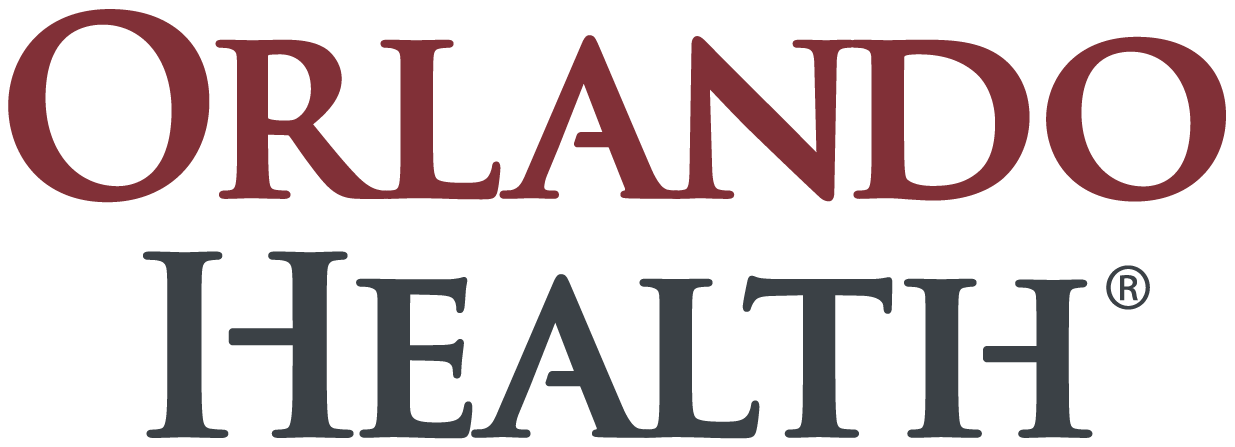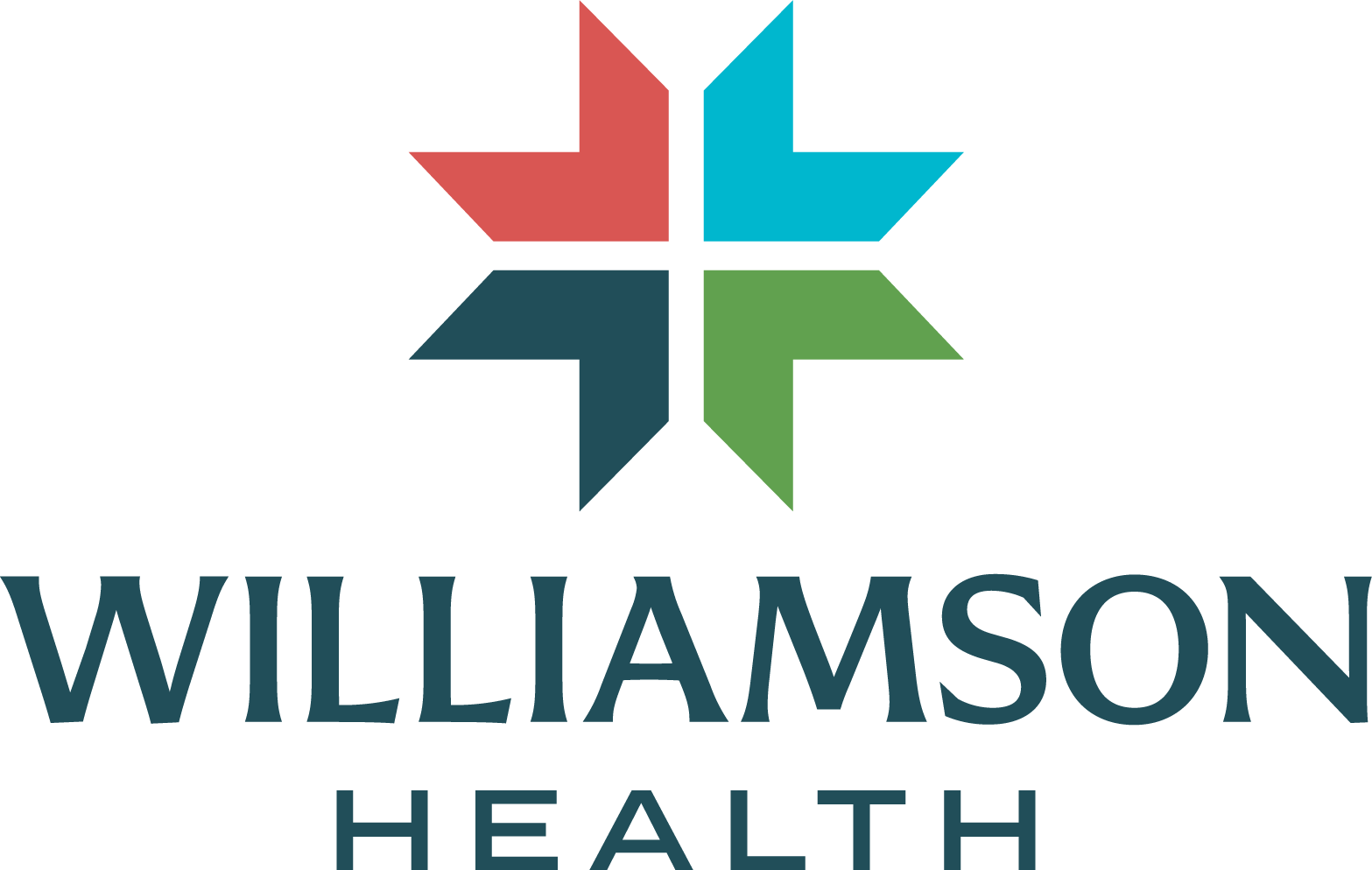| Fragmented Systems
Healthcare systems often consist of disconnected platforms, forcing clinicians to navigate multiple systems. This fragmented approach increases the risk of errors and reduces efficiency. |
Clinical Decision Support Software
Drive Better Patient Outcomes with EvidenceCare’s Clinical Decision Support Platform
Accurate Documentation, Seamless EHR Integration, & Hospital Margin Improvement
Deliver timely, evidence-based guidelines and treatment recommendations that improve patient outcomes and streamline your clinical workflows.
Trusted by Top Health Systems









Too Much Data, Too Little Time
Healthcare professionals face a constant barrage of information, including complex patient data, treatment guidelines, and administrative tasks. This overwhelming volume of information hinders their ability to provide timely and optimal patient care.
But that's not all...
| Inconsistent Guidelines
Varying clinical guidelines and protocols across different sources create confusion and inconsistency in patient care. Clinicians struggle to adhere to the most up-to-date best practices. |
| Pressure to Reduce Costs
Healthcare providers are under constant pressure to reduce costs while maintaining or improving the quality of care, creating a delicate balance that is difficult to achieve without the right tools. |
Streamlining Clinical Decision-Making for Better Patient Outcomes
EvidenceCare empowers clinicians to deliver exceptional patient care by providing real-time, actionable insights at the point of care. Our Clinical Decision Support (CDS) Software seamlessly integrates with your EHR.
Enhanced Clinical Decision-Making
Healthcare providers receive real-time, immediate feedback about their care decisions, ensuring they provide the best possible treatment while maintaining ultimate decision-making power.
Optimized Patient Care
With access to data-driven and evidence-based criteria and guidelines directly within the EHR, clinicians can make precise, informed care decisions that enhance patient outcomes and satisfaction.
Improved Hospital Margins
EvidenceCare’s EHR-agnostic and content-agnostic software helps hospitals reduce costs and increase revenue by optimizing care decisions and ensuring accurate medical necessity documentation and compliance.
What Our Clients Say
”“We believe the work your team is doing is superior! It has helped with many workflow issues and denials reduction!"
Sr Dir of Revenue CycleLarge Northeast Health System
”"EvidenceCare is very simple, easy, and user-friendly."
CMIOLarge National Health System
”"We're seeing the best observation rates of the entire year using AdmissionCare."
Hospitalist LeadLarge Southeast Health System
Streamlined Workflows
The software integrates seamlessly with existing EHR systems like Epic, Oracle Cerner, and MEDITECH, allowing clinicians to access critical patient information and decision-support tools without disruption. This leads to more efficient and effective clinical workflows.
Better Resource Utilization
Our platform provides real-time visibility into care utilization and costs, enabling hospitals to manage resources more effectively and reduce unnecessary variation in cost and care delivery.
Compliance with Regulatory Standards
The clinical decision software ensures that clinicians meet AUC and PAMA requirements with easy, qualified clinical decision support mechanisms, reducing the risk of compliance-related issues.
Ready to Transform Patient Care?
Choose EvidenceCare. Our advanced Clinical Decision Support Software empowers clinicians to make better-informed decisions, improve patient outcomes, and enhance operational efficiency.
FAQs
What is clinical decision support software?
What is clinical decision support software?
Clinical Decision Support (CDS) Software helps healthcare providers make informed, data-driven decisions at the point of care.
By combining evidence-based guidelines, patient data, and real-time analytics, CDS offers recommendations to improve patient outcomes, streamline workflows, and ensure regulatory compliance.
How does clinical decision support improve patient care?
How does clinical decision support improve patient care?
These tools provide clinicians with timely, evidence-based guidance. This leads to more accurate diagnoses, effective treatments, and improved care management.
What are examples of clinical decision support systems?
What are examples of clinical decision support systems?
- AdmissionCare: This software assists emergency physicians and other admitting clinicians in making informed bed status decisions and subsequent documentation by automating patient diagnoses to medical necessity criteria.
- CareGauge: This software enables doctors to compare care utilization, lab results, medications, costs, and other metrics in real-time against peer-benchmarked data, reducing care variation and optimizing length of stay.
- ImagingCare: A qualified Clinical Decision Support Mechanism (qCDSM) ensuring compliance with CMS regulations for ordering scans and advanced imaging, streamlining documentation, and minimizing workflow interruptions.
- CarePathways: Provides physicians with up-to-date medical guidelines and evidence-based research to inform patient care decisions.
- Medication Interaction Alerts: A CDSS screening for potential drug interactions during new medication prescriptions, alerting clinicians to potential risks.
- Clinical Guidelines and Protocols: Integrated EHR tools providing standardized guidelines and protocols for evidence-based care delivery.
What are the benefits of using clinical decision support software in healthcare?
What are the benefits of using clinical decision support software in healthcare?
Clinical decision support software offers numerous benefits:
-
- Improved clinical decision-making
- Enhanced patient outcomes
- Increased efficiency
- Cost savings and increase revenue
- Enhanced compliance and documentation
What are the challenges in implementing clinical decision support systems?
What are the challenges in implementing clinical decision support systems?
Implementing clinical decision support (CDS) systems presents significant challenges primarily rooted in their integration into complex healthcare environments.
-
- Interoperability and Data Standardization: Effectively integrating CDS systems with diverse EMR platforms and standardizing data from various sources can be a large lift for an internal team. While standards like HL7 and SMART on FHIR are advancing interoperability, inconsistent adoption hinders seamless data exchange.
- Customization and Relevance: Tailoring CDS tools to deliver accurate, timely, and actionable information to specific clinicians is complex. Striking a balance between providing essential support and avoiding alert fatigue requires careful customization.
- Workflow Integration: Seamlessly incorporating CDS into existing clinical workflows is crucial to maximize adoption.
- Adoption and User Engagement: Overcoming clinician resistance to new technologies and fostering widespread adoption requires user-friendly systems that demonstrably improve patient outcomes.
While these challenges are real, the right CDS tool can mitigate many of them by offering robust integration capabilities, advanced customization options, and user-friendly interfaces.
Get in touch with us to see how EvidenceCare can help.
How do clinical decision support tools integrate with EHRs?
How do clinical decision support tools integrate with EHRs?
Clinical decision support (CDS) tools primarily integrate with electronic health records (EHRs) through standardized mechanisms like CDS Hooks and SMART on FHIR. CDS Hooks embed real-time, context-aware guidance directly into EHR workflows, such as during order entry. SMART on FHIR enables secure data exchange and authentication between EHRs and external applications, facilitating seamless CDS integration without disrupting clinical practice. These standards ensure that CDS tools effectively support healthcare providers by delivering timely and relevant information within the EHR environment.




